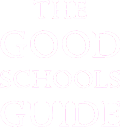By following the Computing curriculum, students develop their computational thinking and creativity to understand and change the world. Computing has deep links with mathematics, science and design and technology, and provides insights into both natural and artificial systems. The core of computing is computer science, in which pupils are taught the principles of information and computation. Learners develop a range of technical skills in order to effectively test and evaluate their solutions.

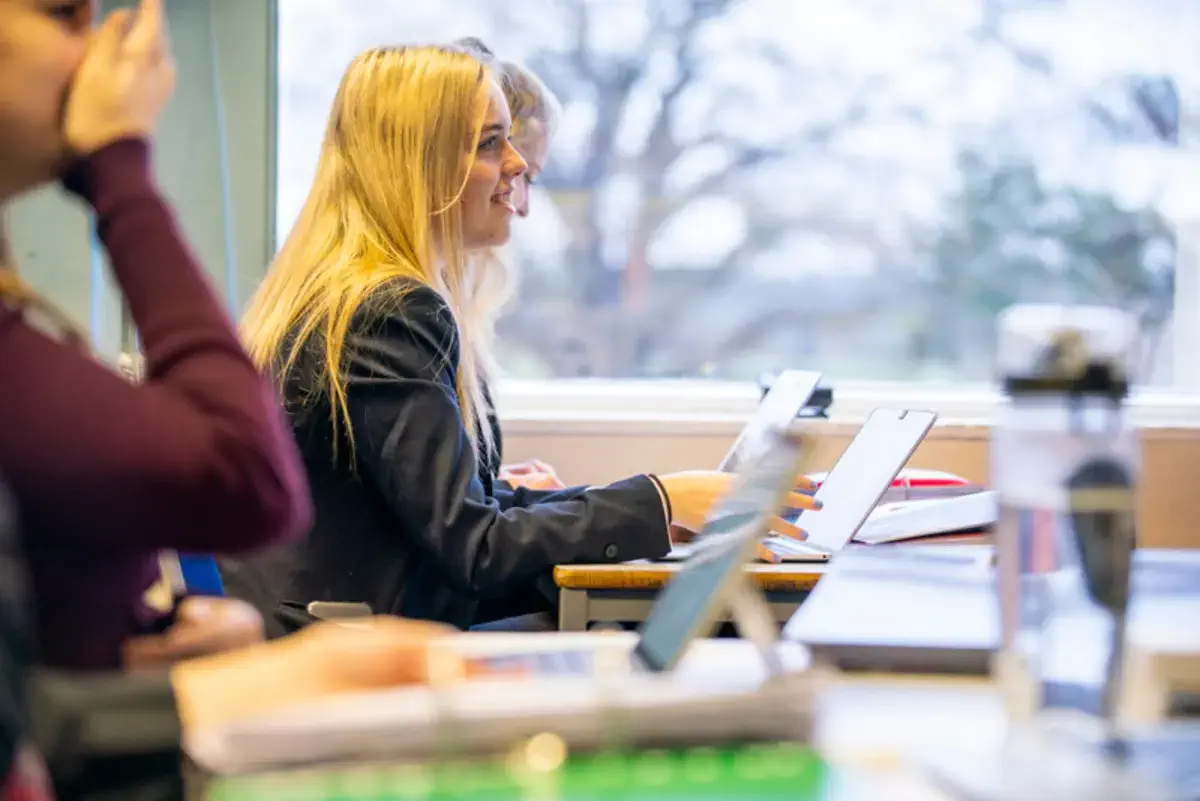
The aims of the Computing curriculum are to:
- Understand the main principles of solving problems when using computers
- Recognise the components of computer systems and understand how they interrelate with: software, data, hardware, communications and people.
- Learn how digital systems work and how to put this knowledge to use through programming
- Use information technology to create programs, systems using a range of digital content
- Ensure pupils become digitally literate – able to use, and express themselves and develop their ideas through, information and communication technology – at a level suitable for the future workplace and as active participants in a digital world.
In Computing we endeavour to teach our students by setting them real world challenges and encouraging them to think critically and creatively to solve those challenges. As the students engage in their projects they are taught various strategies to solve the problems and acquire the relevant knowledge.
Year 7 students continue to expand their problem solving and computational thinking skills by developing creative and challenging algorithms and learning to program in Scratch. In Year 8 we discover how computers and the internet works, create web pages by writing HTML, CSS and JavaScript and learn how everyday systems are controlled. In Year 9 students develop their computational thinking by developing algorithms in Python, learn how computers represent sound and images and develop Computer Games.
KS4 learners consider a broad range of theory and practical skills to develop an understanding of the current and emerging computing technologies. GCSE Computer Science is an ideal foundation course for further study, and the skills learnt can also be used in other areas of study and in everyday life.
Digital Leaders:
The Childnet Digital Leaders Programme is a youth leadership training programme empowering young people to educate their peers about online safety, currently offered to Key Stage 3 pupils.
